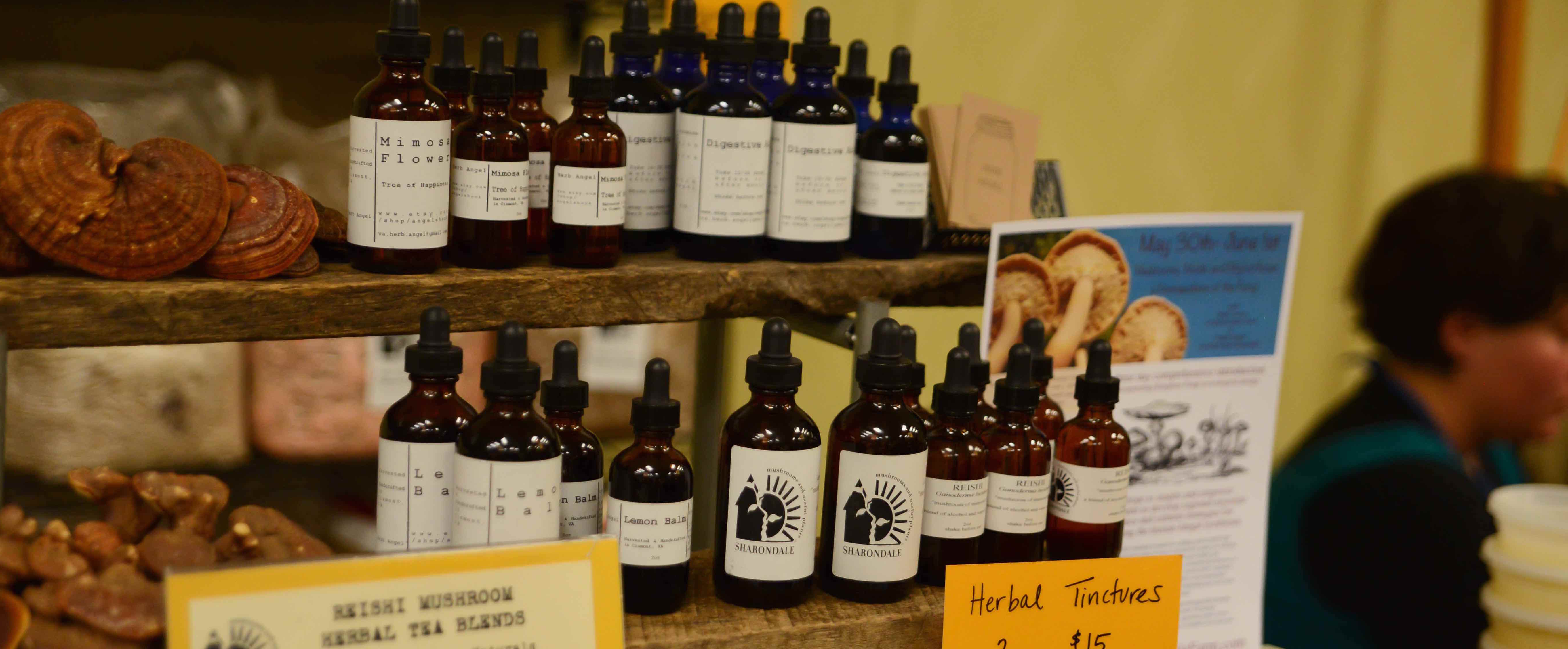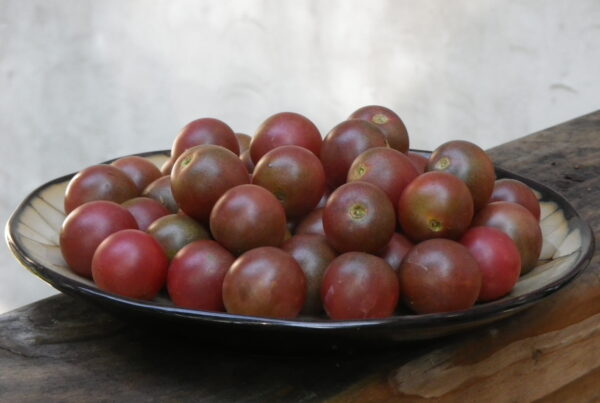Cutting Back for the Time Being
Life circumstances and home responsibilities have made it necessary for me to cut way back on agricultural policy advocacy activities for at least the next several months. As a result, this regular column will become more brief and rudimentary. In the meantime, you can keep up with the latest developments in greater depth by visiting the National Sustainable Agriculture Coalition (NSAC) website at https://sustainableagriculture.net. The banner on the home page provides links to the top five current stories. Click on Take Action to see the current grassroots action campaigns.
Seed Patents Threaten Food System Resilience and Farmers’ Rights
Kiki Hubbard and Cathleen McClusky of the Organic Seed Alliance (OSA) recently published an article on seed patents in Civil Eats, in which they outlined the actions of large seed companies to patent plant traits such as red carrots, long-keeping onions, pink tomatoes, and even drought resistance. Small scale seed companies have received letters from BASF designed to intimidate them out of developing new cultivars with “patented” traits, and plant breeders at three separate universities were forced to shelve promising projects to develop popping beans (dry beans that can be prepared as a snack like popcorn).
OSA has established a Seed Patent Watch to monitor these disturbing developments and to advocate for a fair and balanced approach to Intellectual Property Rights in plant cultivar development and seed markets – one that protects farmers rights to save and select, breeders rights to utilize existing germplasm, and fair compensation for all who do the hard work of developing new cultivars.
Virginia Soil Health Coalition is Hiring a Soil Health Coordinator
Full time position at Virginia Tech
From Chris Lawrence, agronomist at Virginia NRCS state office:
The VA Soil Health Coalition is hiring its first Coordinator! This is a great opportunity to help define the future of a new organization dedicated to a cause of great significance to agricultural and environmental sustainability – the care and regeneration of our soil.
This is a full-time position with VA Tech health and retirement benefits, salary commensurate with experience and qualifications up to $60,000/year. This position is grant-funded with adequate resources to cover first three years of employment. A successful Coordinator will help raise money not only to boost soil health implementation across Virginia, but also to keep the Coordinator position funded beyond the life of the initial three year grant. Preferred location for this position is Richmond, with some potential geographic flexibility.
VA Tech is currently accepting applications. To start the process and learn more, click HERE! If you have additional questions, feel free to contact these VA Soil Health Coalition partners:
Emily Francis at emily@newdominionsolutions.com
Dr. Rory Maguire at rmaguire@vt.edu
Chris Lawrence at chris.lawrence@usda.gov
NOTE: Sometime in the next few months, the VA Soil Health Coalition plans to advertise for another grant-funded full-time VA Tech position with greater emphasis on agronomy and field-level soil health implementation and integration with nutrient management. This position will also be advertised through this e-newsletter when it is open for applications.
News from National Sustainable Agriculture Coalition
See blog posts linked below
On August 27, 2020, several farmers and several NSAC staff presented the Farmers Letter on Climate Change to the US House Select Committee on the Climate Crisis. Farmers discussed their direct experience of climate change as well as their adaptive measures. The event was recorded on a zoom webinar available on a link from the NSAC blog post.
Grazing for Climate, a blog post by NSAC / OFRF Climate Policy Associate Cristel Zoebisch, explores the provisions in the Agriculture Resilience Act (ARA, HR 5861, introduced earlier this year by Rep Chellie Pingree) that support advanced grazing management systems for carbon sequestration and climate resilience. Conversion from intensive confinement livestock production (aka CAFOs) to well managed rotational grazing systems is one of the most promising climate mitigation and resilience strategies available in the agriculture and food sector, and the ARA includes major goals and provisions to support widespread adoption.
In a closely related development, the USDA Conservation Reserve Program enrolled over a million acres in its Grasslands Initiative in 2020.
The latest SARE Cover Crop Survey has shown that cover crops reduced production costs in general, and facilitated planting in the extremely difficult, super-wet growing season of 2019 in the Corn Belt. The survey of over 1,000 mostly non-organic producers showed that cover cropping reduced herbicide costs by 32 – 71% and fertilizer costs by 41 – 53%, while nudging crop yields up a few percent and often improving net bottom line. And that is a significant reduction in the chemical burden that US agriculture places on water resources.
The USDA National Institute for Food and Agriculture (NIFA) recently released its Request for Applications for the 2021 and 2022 fiscal years for the Agriculture and Food Research Initiative (AFRI) Foundational Grants Program.






